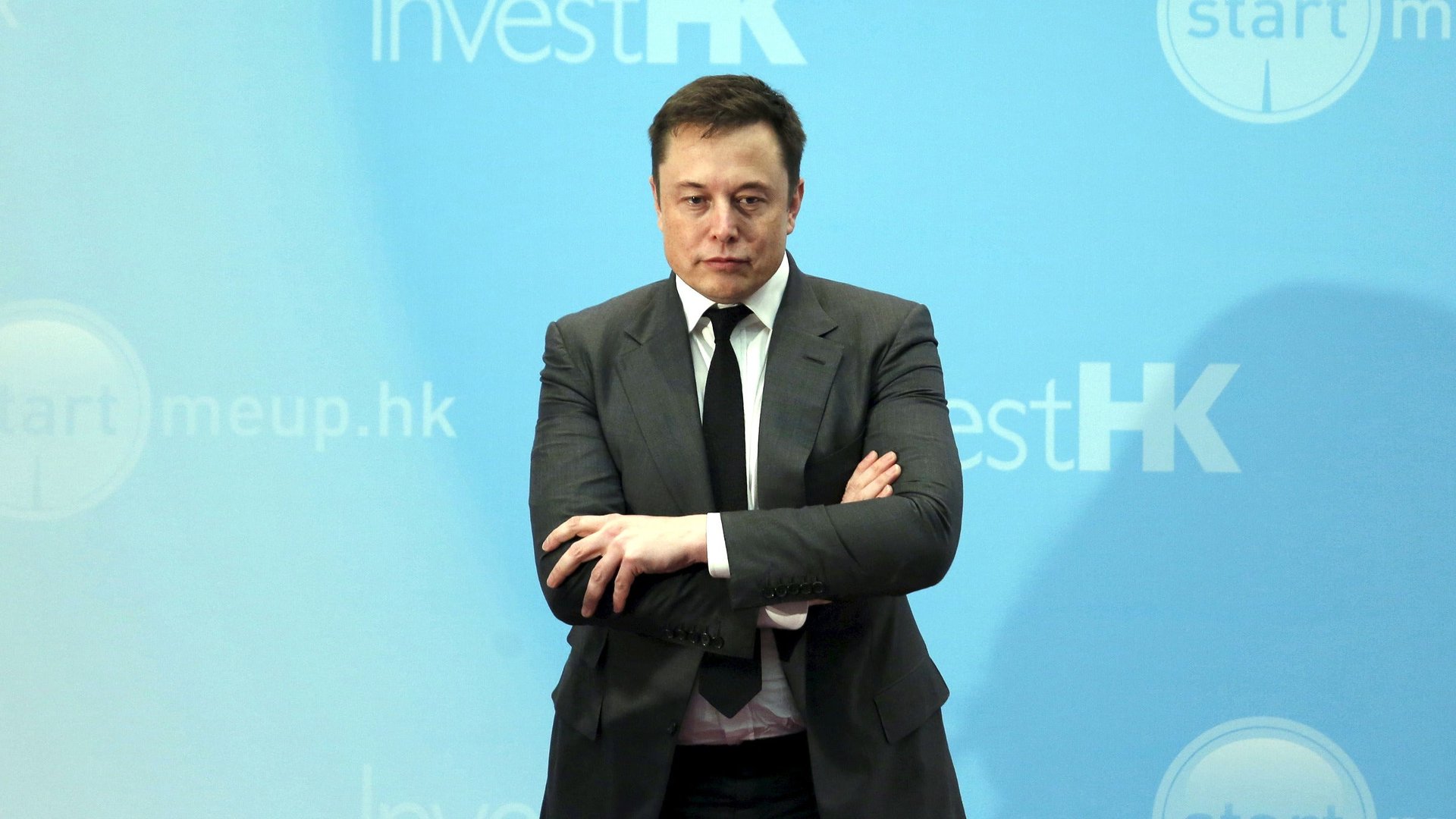SpaceX has been accused of stealing an engineering “A-team” for its secret satellite internet project
SpaceX’s plan to develop a swarming constellation of internet-broadcasting satellites has left bad blood in its wake. Chipmaker Broadcom sued Elon Musk’s rocket firm, alleging it hired away five of Broadcom’s senior engineers to steal its trade secrets.


SpaceX’s plan to develop a swarming constellation of internet-broadcasting satellites has left bad blood in its wake. Chipmaker Broadcom sued Elon Musk’s rocket firm, alleging it hired away five of Broadcom’s senior engineers to steal its trade secrets.
SpaceX did hire the engineers, but says it “did not pursue or lure engineers from Broadcom”—they came to SpaceX fearing lay-offs and, in one case, following a demotion.
Broadcom, a California microchip maker, participated in a SpaceX “beauty contest” with several other firms last year, competing for a contract to develop custom computer chips. Broadcom now alleges SpaceX used the contest to identify and poach its engineers. The contract didn’t say what the chips were for, but court filings suggest that it was connected to SpaceX’s development of a new satellite internet constellation; it coincided with SpaceX’s opening of a Seattle office dedicated to the project.
Broadcom has developed computer chips for satellites in the past. In particular, sophisticated chips that can link up with many different terminals and share connections between satellites passing rapidly overhead are a requirement for SpaceX’s plan to use many low-flying satellites to provide widespread internet coverage.
The engineers in question—Alireza Tarighat, Bagher Afshar, Ahmad Mirzaei, Ali Sajjadi and Masoud Kahrizi—have doctorates in electrical engineering from US universities but received their early training in Iran. All worked for Broadcom’s radio-frequency (RF) chip division. But according to their affidavits, only one, Tarighat, had been assigned directly to the SpaceX bidding team.
Broadcom was ultimately passed over for SpaceX’s contract in January. At the same time, it was being acquired by Avago Technologies, a Singapore-based company. Two vice-presidents in the RF division were laid off, and more job cuts were expected. Khaziri was demoted and began looking for work, including at Nest Labs, the smart thermostat-maker acquired by Google (now Alphabet). Sajjadi reached out to Google directly.
According to affidavits filed by the employees, Tarighat approached a contact at SpaceX about employment. The other four attended the International Solid-State Circuits Conference in San Francisco in February. Mirzaei ran into a friend who was already working at SpaceX’s satellite center in Seattle on RF chips, Shahrzahd Mazlouman, and introduced his colleagues. Over dinner, Maslouman told the four Broadcom engineers about opportunities at SpaceX’s satellite division.
All five would apply and subsequently be hired in March 2016. “In my new position at SpaceX I am working on long range satellite communications,” Kahrizi said in his affidavit.
To Broadcom, these hirings appeared to confirm its suspicions that the “beauty contest” was designed to identify its ”A-team” of engineering talent, not a good-faith effort at collaboration. SpaceX maintains that it is using a different design for its chips and that it has not asked for, nor have its new employees divulged, any trade secrets.
Broadcom asked for a temporary restraining order to bar the engineers from their work at SpaceX. Last week a California state judge turned it down; a hearing is scheduled in early May for the court to hear testimony about Broadcom’s allegations.
SpaceX had said that if the restraining order were granted, the company would not “meet its current project schedule, which will jeopardize SpaceX’s position vis-à-vis its competitors in bringing new technology to the market and thereby trigger cascading and largely irreparable harm to the company.”
While SpaceX’s words may be legal posturing (and something those engineers should probably bring to their next performance review), they also underline the urgency for SpaceX. It’s in a race to launch its communications satellites before the end of this year so that it can win a regulatory battle for radio spectrum.